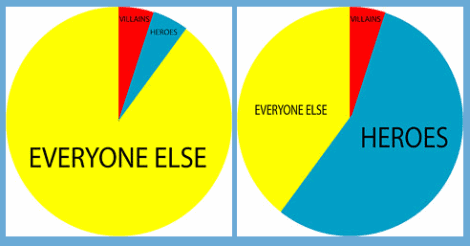Yesterday's Sunday Times features a review of Downing Street Diary: Volume Two: With James Callaghan in No 10. Author Bernard Donoughue was then head of Prime Minister James Callaghan's No 10 Policy Unit, and so had an insider's view of life at the top.
As reviewer Dominic Lawson puts it: "Sometimes an entire era can be summed up in a single anecdote. It is September 1978, and the private office of prime minister James Callaghan decides that his official cars need replacing. Naturally they must be supplied by the state-owned car manufacturer." In Donoughue's own words, here is what happened next:
"Two cars were ordered specially from British Leyland. They took a long time to arrive. When they finally came they were found to have THIRTY-FOUR mechanical faults and had to be sent back to be repaired and made safe. Then they were sent to be converted to the PM's special safety needs - bombproof, bulletproof etc. This all cost a vast sum of money. When they returned, the PM went for a trip in one. He decided to open the window for some fresh air and pressed the button which does this electronically. The result was that the window immediately fell in on his lap. The PM has now said that he does not wish to see the new cars again ... we have the problem of what to do with two large expensive cars with a quarter of million pounds' worth of security extras.”
Reviewer Dominic Lawson continues: "In this one paragraph of Donoughue's diary of his three years as Callaghan's chief policy advisor we learn all we need to know about the state of Britain 30 years ago. The incompetent strike-ridden car company was so confident that it could continue leeching the taxpayer, it was content to deliver a pile of junk to the man who was actually signing off the subsidies."
"Thirty years on, there is no longer any British-owned car mass-manufacturer. An Indian firm now owns Jaguar; but their windows don't fall into the laps of their customers ... So when you read articles comparing the current state of the British economy with the 1970s, be reassured: nothing, absolutely nothing, in the British industrial economy is run as badly as it was 30 years ago."
Well, nothing except the state marriage system, that is. Two years before it became the majority shareholder in British Leyland the UK government, through The Matrimonial Causes Act 1973, became the dominant partner in every marriage contract. As Labour MP Nigel Spearing expressed it in 1996:
There are three partners in marriage … I refer to the two people concerned and to the state .. society or the community as a whole. The House of Commons is the centre of law-making for that community. It is, therefore, a triangular arrangement and not just one between two people.”
 Britain's car industry limped along for 30 years after its nationalisation in 1975, the final end coming in 2005 when MG Rover went into administration with huge debts. How long will state marriage survive? Based on current trends this article in the Independent predicts that the last state marriage will be celebrated in 2033. Sometime in that year the 1970s-nationalised, state marriage system will have its final British Leyland moment.
Britain's car industry limped along for 30 years after its nationalisation in 1975, the final end coming in 2005 when MG Rover went into administration with huge debts. How long will state marriage survive? Based on current trends this article in the Independent predicts that the last state marriage will be celebrated in 2033. Sometime in that year the 1970s-nationalised, state marriage system will have its final British Leyland moment.

